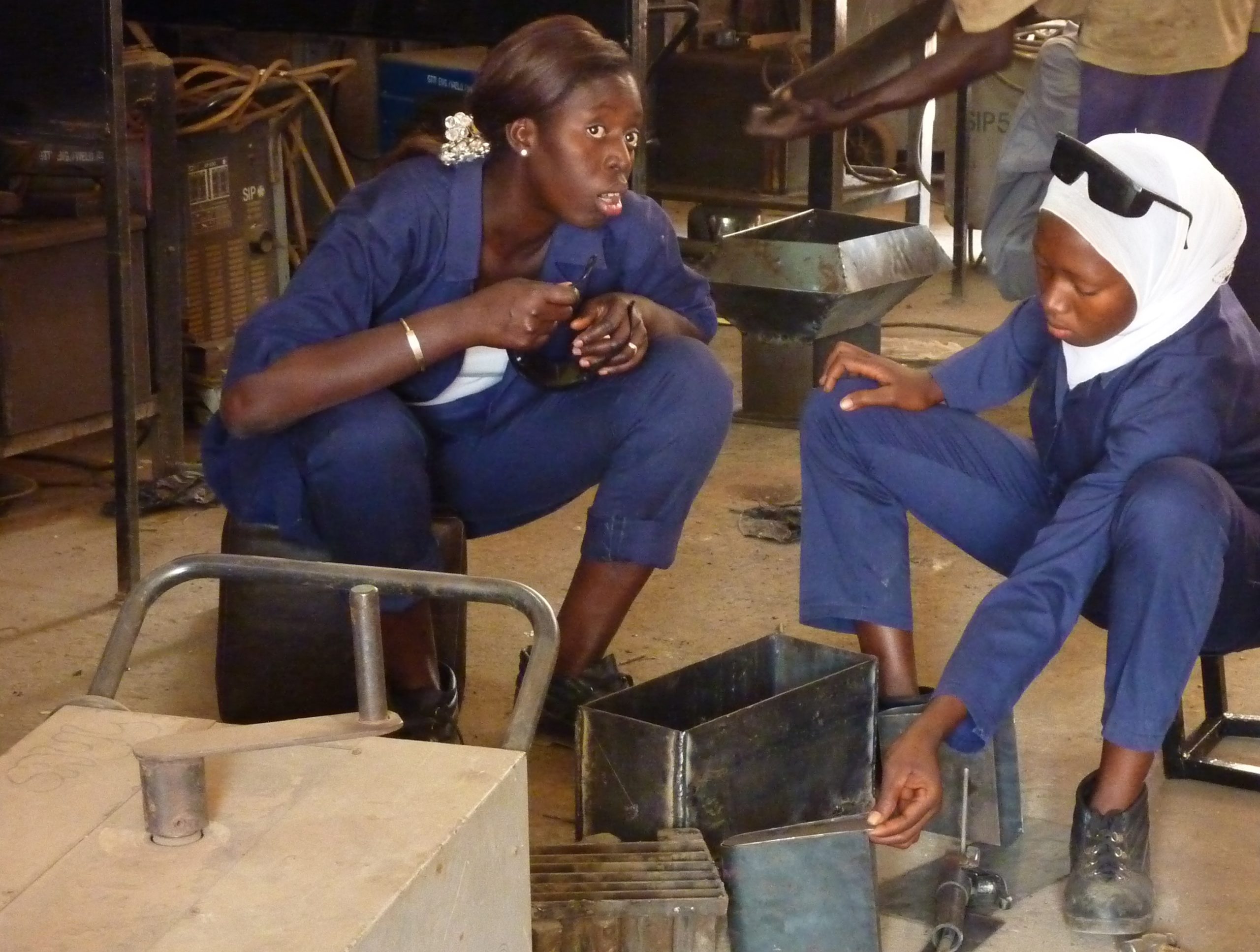
Over the next decade, nearly 500 million jobs need to be created to absorb both those currently unemployed and the 40 million new annual entrants to the labour market. Rising youth unemployment, especially for young women, is one of the most significant problems facing economies and societies today, in developed and developing countries. Globally, the youth unemployment rate is nearly three times that of the rest of the population (UNESCO, 2016).
At the same time, many industries struggle to find staff with the necessary skills, and existing skills development may not prepare people adequately for jobs.
And even those who have work-relevant skills need to retrain. As industries evolve in response to technological change and globalisation, some older workers find themselves without viable livelihoods and, despite high unemployment in many regions, businesses are unable to find the skilled employees they need.
Providers of technical and vocational education and training (TVET) are under pressure to:
- Better support young people to transition into employment
- Develop technical skills, and employment and entrepreneurial skills
- Better match skills development to industry demand
- Train and assess for competency
- Increase access and cost-effectiveness to meet the growing demand
- Support lifelong learning
In response to these challenges, COL’s TVSD initiative takes a two-pronged approach.
Firstly, TVSD supports broad capability building to help policy makers, managers, and teaching and administrative staff use technology to support flexible skills development. Activities include online courses and an online community of practice.
Secondly, COL’s TVSD initiative has a small number of intensive Skills in Demand projects to test, prove and scale a model for TVSD. A Skills in Demand project has four key elements:
- Workplace learning
- Competency-based education and training
- Open and distance learning, and technology-enhanced learning
- Monitoring and evaluation
COL believes that workplace learning combined with ODL models can ensure learners achieve theoretical and practical competency while increasing access to TVSD across the Commonwealth. The model offers flexibility of time and place, increased affordability and the ability to scale to meet present and future needs for training and retraining throughout life.


